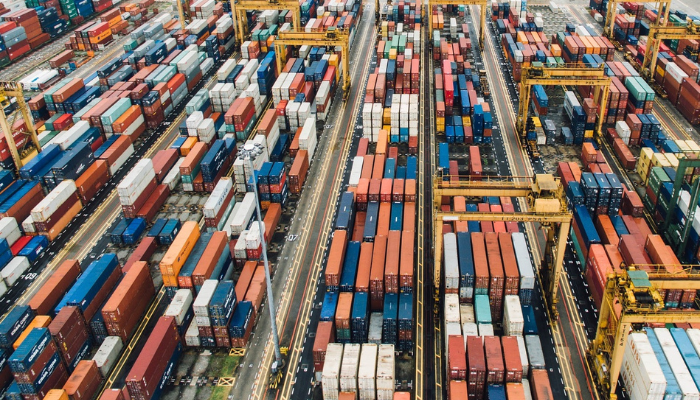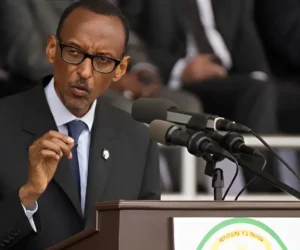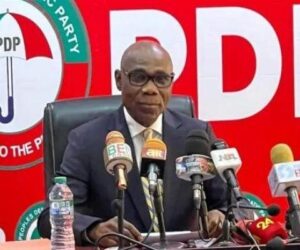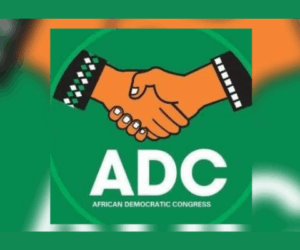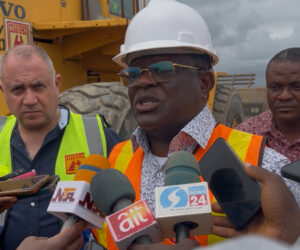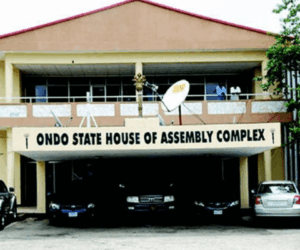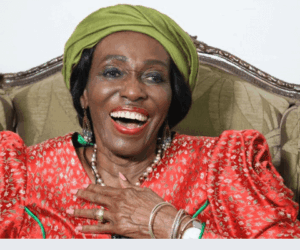A review of import duty calculations obtained by BusinessDay has revealed that the introduction of the Nigeria Customs Service’s four percent Free-on-Board (FOB) collection has pushed up the cost of bringing goods into the country by as much as 186 percent for certain merchandise.
The document, shared by an importer, provides a breakdown of charges for machinery valued at $42,000. Using an exchange rate of N1,585.65 to the dollar, the consignment had a Free-on-Board value of N66.6 million. Adding freight of $5,000 (N7.9 million) and insurance of $635 (N1 million) brought the total Cost, Insurance and Freight (CIF) value to N75.5 million.
Under the old regime, customs collected a one percent Comprehensive Inspection Supervision (CIS) fee on the FOB value, which amounted to N665,974, alongside a 5 percent import duty on CIF at N3.77 million. A 7 percent surcharge on the duty added N264,366, while the ECOWAS levy contributed another N377,665. In total, the importer paid about N5.08 million to clear the cargo.
The new system removes both the CIS fee and the 7 percent surcharge, but replaces them with a flat 4 percent FOB charge. In the reviewed case, that amounted to N2.66 million. With duty and the ECOWAS levy unchanged, the total payable rose to N6.82 million. The difference of N1.73 million represents a 186.34 percent increase in charges.
Importers like manufacturers who rely on imported equipment face steeper costs, which could flow into production expenses and eventually raise prices for consumers.
Read also: Customs seizes $2.2m undeclared cash at airports in 7 months
Stakeholders have already warned that the change risks discouraging imports and placing an additional burden on a fragile economy.
“Nobody is saying Customs should not have their own earning. The understanding we all had before was the one percent CISS and 7 percent duty surcharge was going to Customs. I don’t think anybody is objecting to that. What we all are objecting to is further increasing the burden,” George Coleman, an importer and international trader in wires and cables told BusinessDay.
“Now, simultaneously increasing fees on agents. It does not make them any more efficient. It just creates a bigger hole into the system. Because the reality is the more we impose taxes, direct and indirect taxes simultaneously, onto an economy that is enduring the reforms, we would get reform fatigue, which will becounterproductive to what the gains of the reforms would be,” he said.
Sulaiman Ayokunle, Customs agent and senior special adviser to the Association of Nigerian Licensed Customs Agents (ANLCA) president, warned that “Nigerians should brace themselves as they will pay more.”
BusinessDay also saw an import declaration for a vehicle with a N4 million FOB value. It showed taxes of N2.13 million, including customs duty, a 15 percent automotive levy, a 7 percent port surcharge, and 7.5 percent VAT, underlining how the 4 percent Foreign Common Surcharge (FCS) fattens the final bill.
The private document further details customs “multipliers” used on used vehicles 2.573 times base duty, and applies similar formulas to trucks, spare parts, and household items, showing how the surcharge quietly swells costs across the board.
“I don’t think we need this. We don’t need the customs increasing their rates at the moment. They can take out the one percent, take out the 7 percent of duty, and please call it whatever, or replace it with the same exact figure…It does not make any business sense for this decision to be made,” Coleman said.
His worst fear is a consequential impact on inflation. “Inflation is going down, It is not the time to jack up inflation with this new rulebook. Let’s be kind to ourselves. This new impact will now increase back. Wait for the next quarter. You will see inflation figures going back up,” he told BusinessDay.
The Nigeria Customs Service rationale remains modernisation, with the backing of the law. Bashir Adeniyi, the Comptroller-General of Customs, stressed the necessity of the duty to fund modernisation projects, chief of all being the B’odogwu e-Customs platform, which has raised several concerns from users citing details and glitches.
“We really don’t have a choice… If you want to eat and lick better soup, we must be ready to fund it. Technology is not cheap,” he told stakeholders in a meeting last month.

